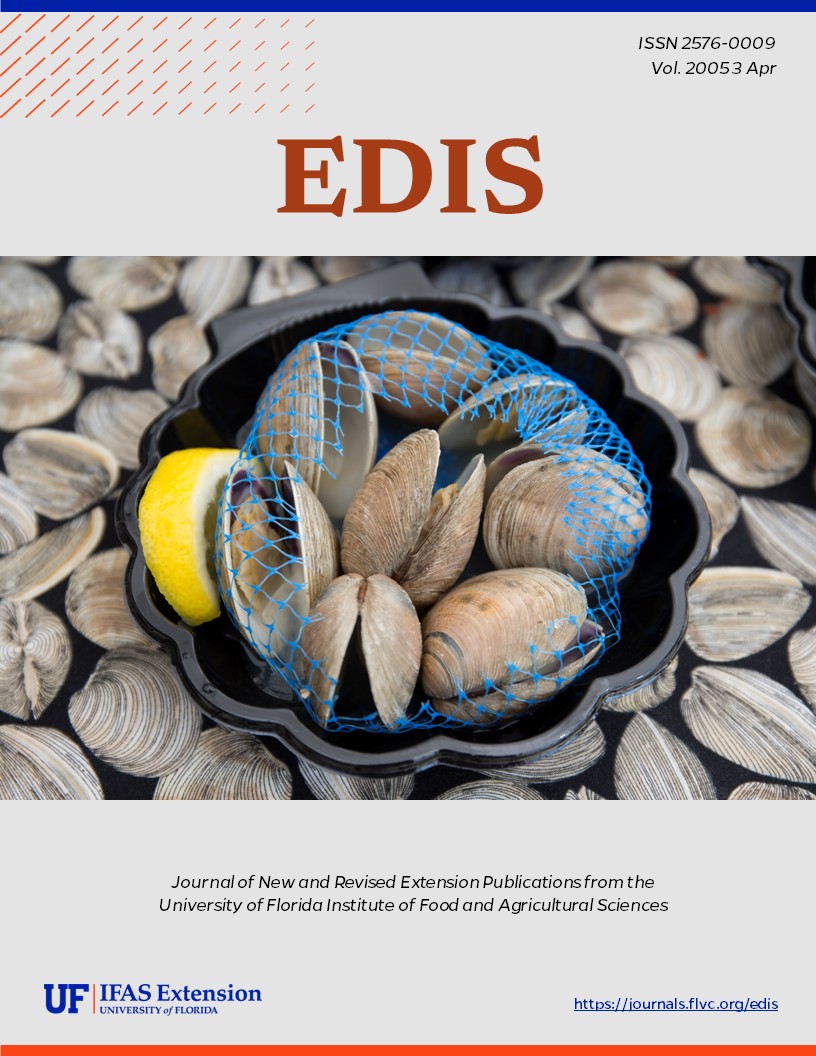Abstract
Over 99% of Florida's interstate produce and ornamentals shipments are by truck. As such, it is important to Florida agriculture that these carriers be financially viable. At the same time, shipper/receivers are interested in paying the least cost possible for haulage. They are also interested in having reliable motor carrier service, which is only possible if freight rates are sufficient to cover costs. In this report, the adequacy of freight rates paid for produce and ornamentals movements out of Florida and freight rates received for complementary haulage into the state will be examined. Data come from a 2001/2002 survey of over 1,600 drivers of semis as they exited the Florida Peninsula (Appendix; Beilock, 2004). This is EDIS document, FE541, a publication of the Department of Food and Resource Economics, Florida Cooperative Extension Service, Institute of Food and Agricultural Sciences, University of Florida, Gainesville, FL. Published March 2005.
References
Beilock, R. 2004. Long Distance Refrigerated Trucking: A Florida Case Study. Report prepared for the Agricultural Marketing Service, United States Department of Agriculture, Washington, D.C.
Beilock, R., J. MacDonald, and N. Powers. 1998. An Analysis of Produce Transportation: A Florida Case Study. ERS/USDA Agricultural Economic Report 597, Washington, D.C., 43 pp.
Buxton, F., and P. Bertels. 1993. Estimating Refrigerated Motor Carrier Cost: A Methodology Using Secondary Data. Journal of the Transportation Research Forum 33 (2):26-32.
Household Goods Carriers Bureau. 1985. Household Goods Carriers Bureau Mileage Guide No. 13. Household Goods Carriers Bureau, Alexandria VA.
Unless otherwise specified, articles published in the EDIS journal after January 1, 2024 are licensed under a Creative Commons Attribution-NonCommercial-NoDerivs 4.0 International (CC BY-NC-ND 4.0) license.

